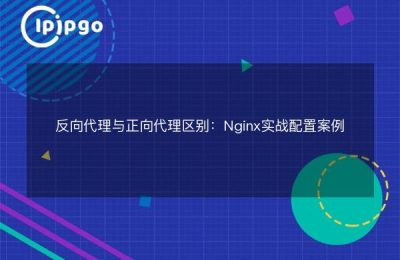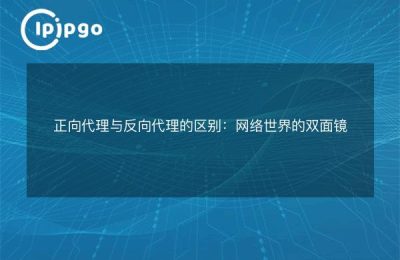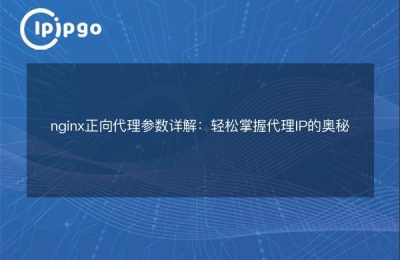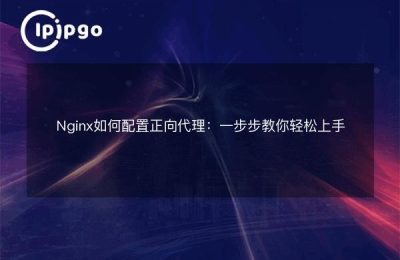
What are the common forward proxy servers
Proxy servers play an important role in network security and data access. A forward proxy server is a server that sits between a client and a target server and is used to forward the client's request. It can help the client to hide the real access target, improve the access speed, as well as solve some access restriction problems. The following are some commonly used forward proxy servers:
1. Squid: Squid is an open source proxy cache server , widely used in Web caching and anonymous access .
2. Nginx: Nginx is not only a good reverse proxy server, but also can be used as a forward proxy server, you can realize the forward proxy function through simple configuration.
3. ipipgo: ipipgo is a fast tunneling proxy that helps users break through network restrictions and protect privacy.
These are more commonly used forward proxy servers, in the actual application can be based on the specific needs of the appropriate proxy server.
Difference between reverse proxy and forward proxy
Both reverse and forward proxies are two ways that proxy servers work and they play different roles in the network architecture.
Forward proxy is a proxy server located between the client and the target server, which helps the client to access the target server. And the reverse proxy is a proxy server located between the target server and the client, which helps the target server to process the client's request and return the result to the client.
Forward proxy hides the real client, while reverse proxy hides the real server. In practice, reverse proxies are often used in load balancing, security protection and cache acceleration scenarios, while forward proxies are often used in access control and breaking access restrictions scenarios.
Therefore, forward and reverse proxies have different applications in network architectures, and understanding their differences can help us better design and deploy proxy servers.








